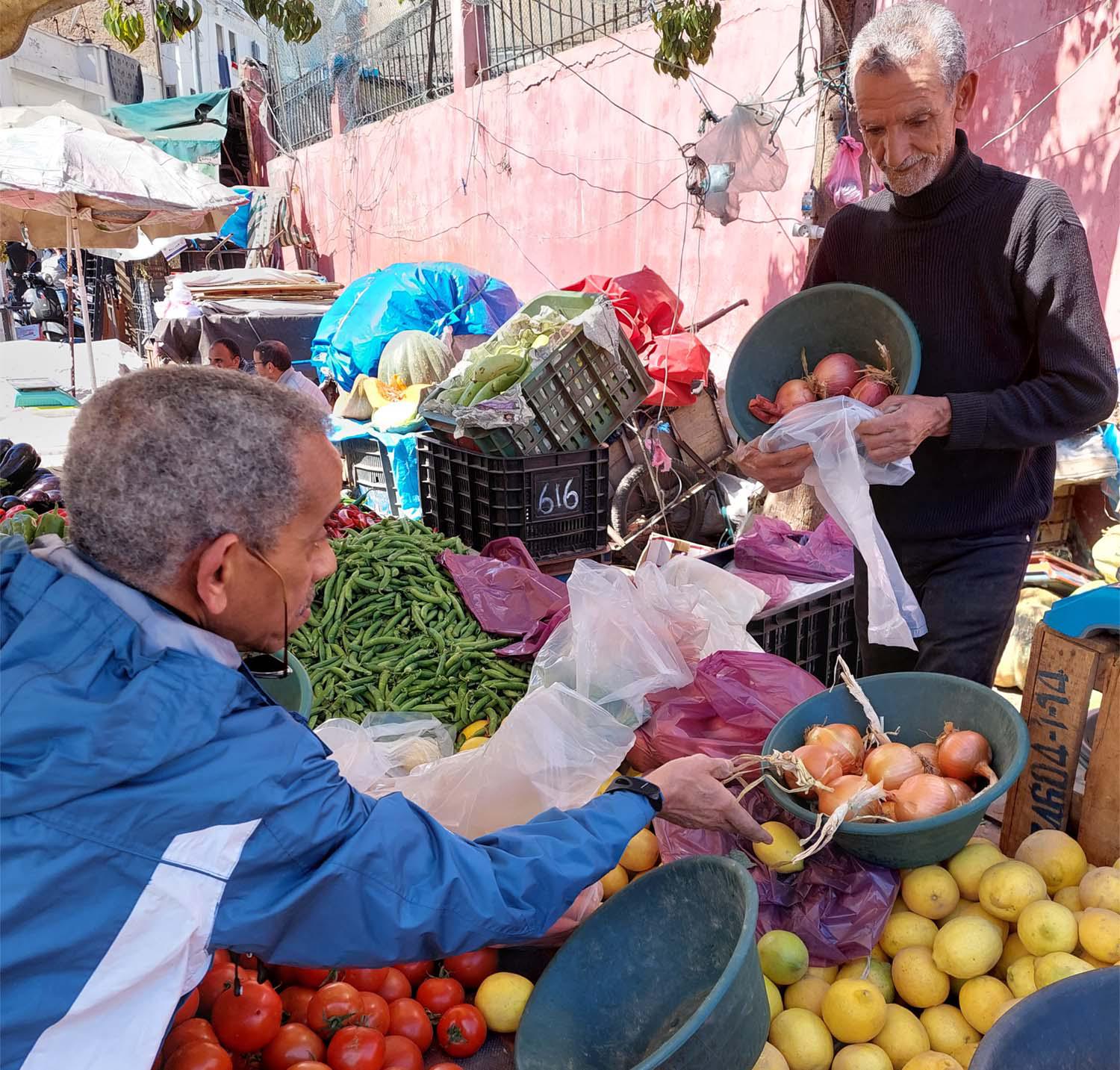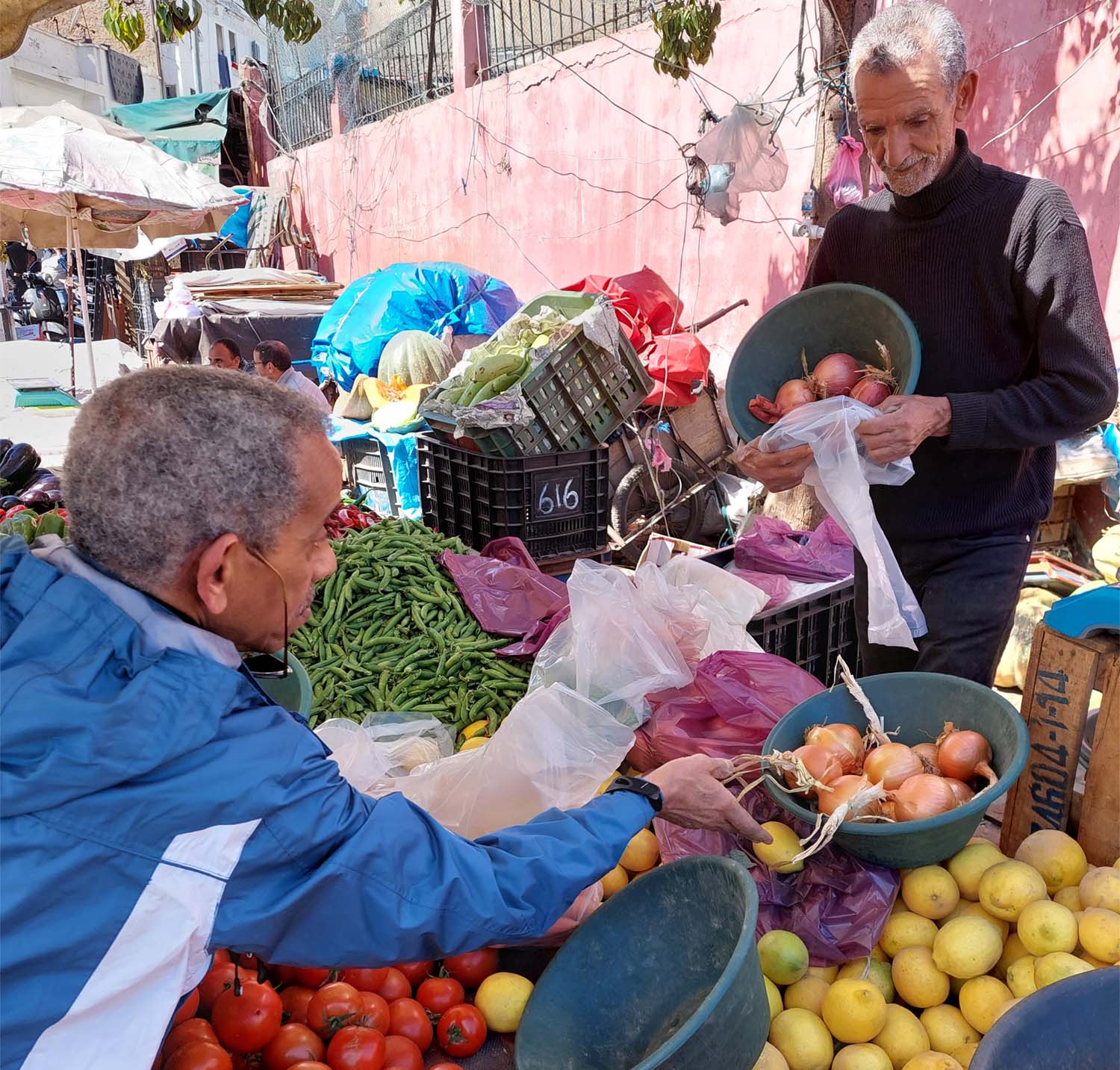Skyrocketing food prices take their toll on Moroccans in Ramadan
RABAT - Moroccans welcomed the holy month of Ramadan with skyrocketing prices of fruit and vegetables despite the government’s promise to preserve the stability of food prices.
Prime Minister Aziz Akhannouch said Thursday that the government has taken all the necessary measures to strengthen the supply and stock of basic products in order to guarantee a normal supply of markets during Ramadan.
Akhannouch assured that the supply of the markets "is taking place under normal conditions", indicated the Minister Delegate in charge of Relations with Parliament, government spokesperson, Mustapha Baïtas, during a press briefing.
Akhannouch reiterated his appeal to the Ministers of the Interior, Agriculture, Maritime Fisheries, Rural Development and Waters and Forests, Industry and Trade and Economy and finance, with a view to a general mobilization of their services to preserve the stability of the prices of the various consumer products, to ensure the daily monitoring of the markets during this blessed month and to strengthen surveillance and control, while cracking down firmly against speculators.
But the reality on the ground tells a different story. Many fruit and vegetables, which used to cost less than Dh5 per kilogram, have seen their price triple in the last few months.
With tomatoes costing Dh10 to 12/kg, onions Dh14/kg and potatoes Dh8/kg among others, Moroccans are set to have a tough inflationary Ramadan.
“How come the prices of tomatoes and onions have become so high in an agricultural country that exports fruit and vegetables while its very own people are struggling to make ends meet, especially in Ramadan during which food consumption reaches its climax?,” asked Aziz, a hairdresser in Meknes.
Morocco’s second TV channel showed a brief report on its nightly news on the first day of Ramadan shoppers taking about the abundance of consumer products in the market, but failed to report the high food prices.
“What you see on the news is completely far from the reality. Even middle class families are now struggling to cope with the soaring food prices,” said Imad Kennou, a 50-year-old civil servant.
“The portions will certainly be smaller to feed my family because money has lost its value,” he added.
Inflation rose again to 10.1% year on year in February 2023, driven by food prices which soared by 20.1%, according to figures from the High Commission for Planning (HCP).
The high price increases of several food products and mainly those of vegetables have largely contributed to this rebound.
The central bank raised its key interest rate by 50 basis points to 3%, the second rise in six month, in a bid to stem the soaring inflation.
(One Moroccan Dirham = 0.097 United States Dollar)





